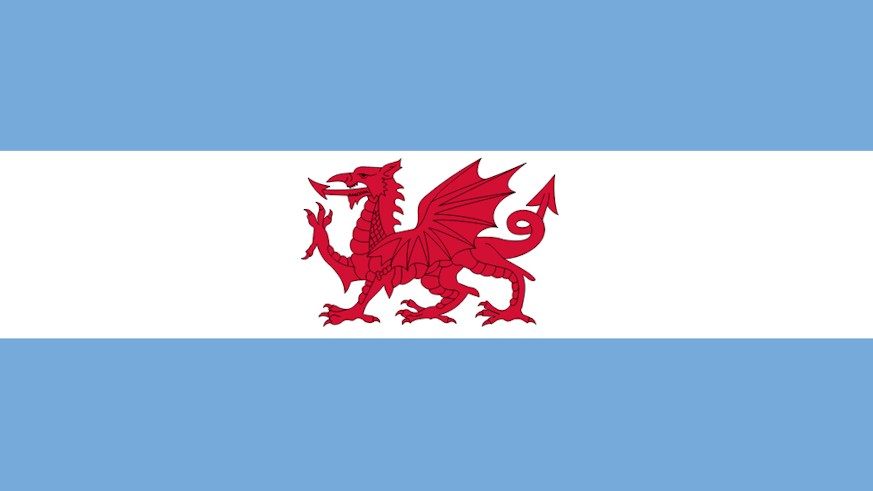Reinterpreting the Welsh diaspora in Patagonia
17 December 2021

A trilingual and multidisciplinary symposium titled ‘Reinterpreting Y Wladfa', coordinated by Cardiff University’s Centre for Welsh American Studies and the University of Bremen’s Department of Linguistics and Literature, was held at the School of Welsh in September.
Organised by Dr Iwan Wyn Rees, who was also one of the keynote speakers, the event welcomed 16 academics from a range of disciplines to three days of presentations and discussions held across digital platforms.
The 150th anniversary of Y Wladfa in 2015 was widely celebrated in Chubut Province and Wales, but more recently, the Welsh settlement or colony in Patagonia has been a more contentious subject, especially on social media.
However, these debates largely overlooked several recent studies (conducted in Europe and South America) which reinterpret various aspects of the Welsh diaspora in Patagonia.
Is the special relationship of the Welsh settlers with the indigenous peoples of Patagonia a ‘myth’? To what extent did the Welsh of Patagonia reject Britishness? Do the ‘Patagonia’ of the Welsh and the ‘Chubut Province’ of the Argentineans equate to the same kind of Y Wladfa? And why is there a tendency for the Welsh Left today to ignore the socialist origins of Y Wladfa? These are some of the questions that were debated during the symposium.
Dr Rees said: “The symposium was an excellent opportunity to create an international network of academics from many different disciplines, and countries on both sides of the Atlantic. We all shared research interests in the Welsh settlement in Patagonia but had lots of different views and perspectives.
“I hope the event addressed the complexity of the Welsh Settlement, not only as a consequence of colonisation in Wales, without forgetting about periods of oppression by the Argentine Government, but also as an example of a different kind of colonisation which is central to both the history of Welsh nationalism as well as the development of the Argentine state.
“I can only hope that the new curriculum will give deserved attention to that complexity, as an important part of Welsh history but also in the context of decolonising the curriculum and from the standpoint of the Welsh diaspora’s contribution to Wales and the world.”
Watch a selection of recordings from the symposium on our YouTube channel.


